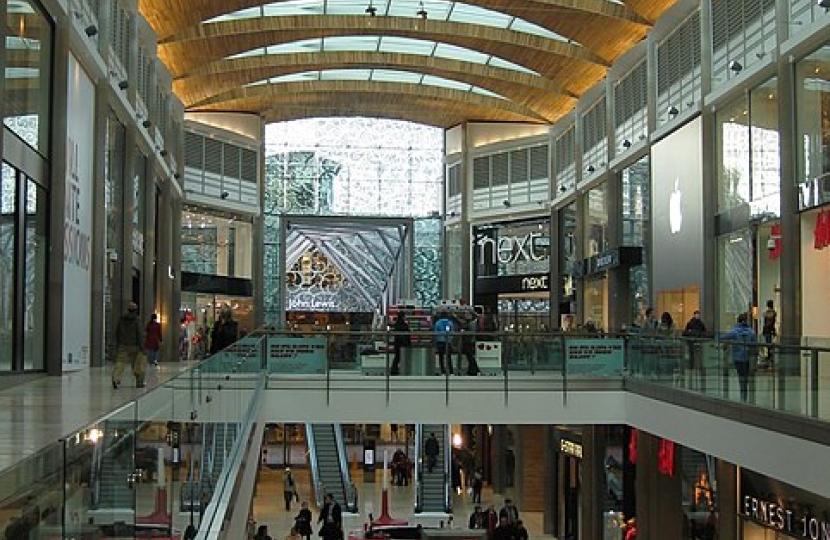
I was prompted to think about businesses across Leicestershire and Rutland by a most interesting article written by Kieran Breen of the Leicestershire Cares charity. You can read his article in full here, but I’ll start by highlighting a few features.
Leicestershire Cares [see website] is a local charity and membership organisation that seeks to connect business with the local community, so nobody is left behind. It works on a number of levels, but in this article, Kieran makes the point that businesses have a role to play in the place where they do business. Whether they are a small, local business or the local branch of a global brand, they are part of our communities.
The sense of place is important to people. Whether you have lived in Leicestershire or Rutland for a short time, or if your family has been here for generations, we are all dependent on our environment, our street, our town – our place. It is a part of us. Kieran is right that businesses will gain by supporting their local communities – and I am fully supportive of his efforts to make that happen.
But for a business to contribute to its local place, it must first be in that place. And second it must be prosperous enough to be able to donate funds or facilities that will help the local community. As Kieran points out, that need not involve cash donations. It could mean letting a local group use a meeting room for free or putting up a banner advertising some local event. But unless the business is there nothing can happen.
That set me thinking. What causes a business to be in a particular place in the first place – and then to stay there? Some businesses are started up by a local person. If you live in Coalville you will start your business in Coalville because that is convenient for you. But if we are talking about a global business moving into an area they will do a business case analysis to decide if they should put their UK office in Coalville, or Leicester, or Lutterworth – or in Yorkshire.
Either type of business will at some point have the choice to stay where it is, or to move somewhere else.
Many factors are included in such decisions – Property rental costs, skills in the local workforce, transport links and the like. But one of the factors that I think is much overlooked is safety. Last year friend of mine was looking for a new job. I asked why as I thought she was well settled. Apparently the company she worked for was closing their base in south London and concentrating activities in their base in France. Anything to do with Brexit? No, it was due to the spiralling insurance costs of staying in London with a mass of high-tech equipment. Local crime and disorder were on the rise, and so insurance costs went up. And a profitable business was driven out.
If we are to keep businesses and jobs in Leicester, Leicestershire and Rutland and to keep them rooted in our places then we have to ensure that these are safe places to do business.
The College of Policing recently adopted a new definition of business crime thus :- “Any criminal offence where a business, or person in the course of their employment, and because of that employment, is the victim.”
That definition is used when compiling statistics to decide if a crime is a business crime or not. And organisations such as the National Business Crime Centre use it to offer advice on business crime prevention, staff training and such like. If you are a business owner or manager I would urge you to go to the National Business Crime Centre website here. There is a wealth of useful information and advice to be had. This is all well and good.
But by specialising, we are also in danger of missing an important point. When a business is making a decision about where to relocate – or if to stay put – it is not just specific business crime that they look at. They also want to know if staff are going to be safe walking home if they work late from time to time. So what is street crime like? And how about vandalism? If an important client visits will her expensive car be safe parked in the street for a few hours?
We all want Leicester, Leicestershire and Rutland to be business-friendly places. We want jobs to be created, we want business to thrive, we want businesses to feel rooted in their place so that they feel able to help local communities as Kieran proposes.
That is going to involve the police in understanding what local businesses want to see, and what they want to avoid. That does not mean just concentrating on what is officially designated “business crime”, but on the whole package of crime issues that affect business decisions. That is going to mean talking to businesses and business organisations on a variety of levels.
Time consuming? Yes, but essential. There needs to be maximum contact and understanding between the police and the business community at all levels.
Photo : By NotFromUtrecht - Own work, CC BY-SA 3.0, https://commons.wikimedia.org/w/index.php?curid=5886566

